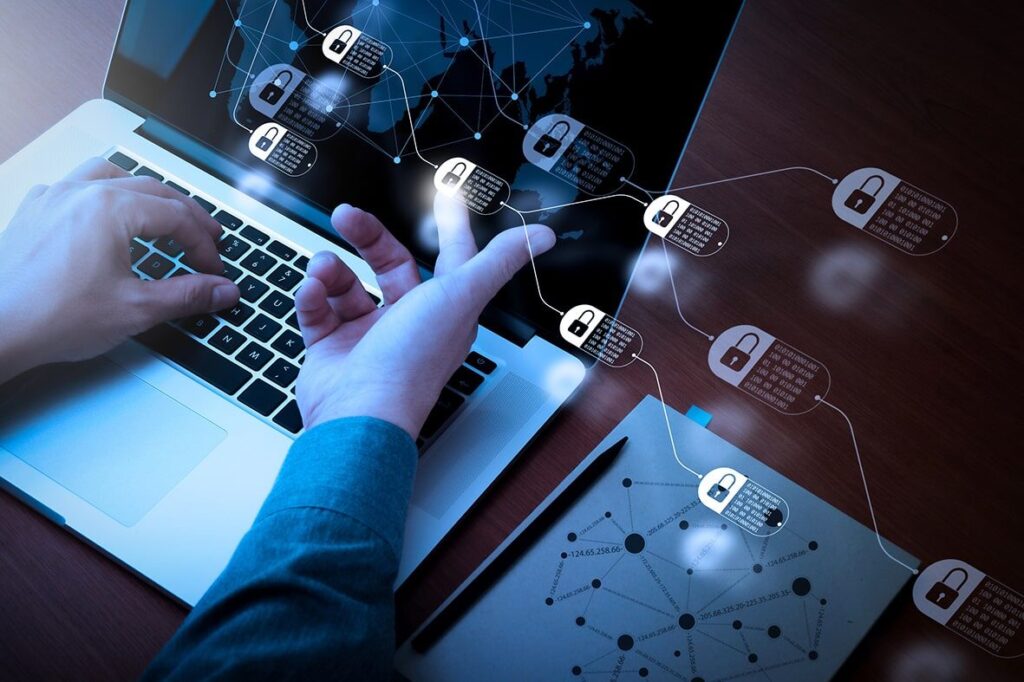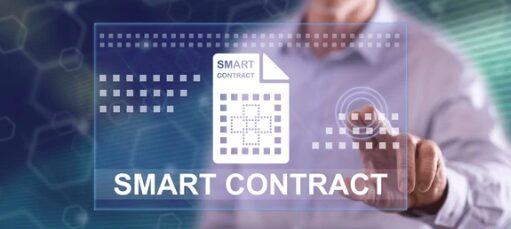The legal industry, traditionally reliant on manual processes and paper contracts, is undergoing a profound digital transformation. At the forefront of this shift is blockchain technology, which promises increased transparency, security, and efficiency in legal operations. Among the many innovations introduced by this technology, smart contracts and video contracts are revolutionizing the way legal professionals draft, execute, and manage agreements. As contracts on blockchain gain traction, the legal sector is poised for a new era of trust and automation.
The Concept of Smart Contracts
Smart contracts are self-executing agreements with terms written directly into code. Once a specific condition is met, the contract automatically executes without the need for intermediaries, like lawyers or notaries. This automation not only speeds up the process but also reduces the risk of human error or manipulation.

One of the most significant advantages of contracts on blockchain is their immutability. Once a contract is uploaded to the blockchain, it cannot be altered, ensuring the integrity and authenticity of contracts. This provides a sense of security that traditional contracts cannot match, as physical documents can be lost, damaged, or tampered with. In contrast, smart contracts remain intact and transparent for all parties involved.
Blockchain Video: The Next Frontier in Legal Tech
While smart contracts offer unprecedented automation, the introduction of video contracts adds another layer of innovation. Personalized video contracts involve capturing agreements in a visual format, where parties record themselves verbally agreeing to contract terms. The benefits are twofold: first, video contracts bring clarity and personalization to the legal process; second, they create a digital contract platform that is visually intuitive and easy to understand.
Blockchain video contracts combine the strengths of both technologies: the visual clarity of videos and the security and immutability of contracts offered by blockchain. These modern legal solutions ensure that not only are the terms of a contract clear to all parties, but also that the contract is safely stored and can be referenced at any time without risk of alteration.
Security in Legal Contracts: A Priority
One of the most critical concerns in the legal sector is the security in legal contracts. With sensitive personal and financial information often at stake, it is essential to ensure that contracts are protected from unauthorized access or tampering. Blockchain technology addresses these concerns head-on. By decentralizing data across multiple nodes, it becomes virtually impossible for a single party to hack or alter a contract without the entire network being alerted. This offers a level of security in legal contracts that traditional methods cannot provide.
Furthermore, blockchain’s ability to provide transparency in contracts ensures that every transaction or agreement is recorded in real time, creating a clear and permanent audit trail. This means that any disputes over contract terms or execution can be quickly resolved by referencing the blockchain’s immutable ledger.
The Role of Smart Contracts in Digital Contract Management
For digital contract management, blockchain offers a streamlined and secure solution. By integrating smart contracts into digital workflows, businesses can automate various legal processes, from contract execution on blockchain to compliance monitoring. These contracts execute themselves based on pre-set conditions, ensuring that legal obligations are met without delays or errors.
Moreover, by using blockchain in the legal sector, companies can minimize the need for third-party verification, reducing operational costs and improving efficiency. Whether it’s verifying the authenticity of signatures, timestamps, or contract terms, blockchain provides an all-in-one solution for modern legal solutions.
Immutability and Transparency: Key Advantages of Blockchain in Legal Contracts
Two of the most vital aspects of blockchain-based contracts are their immutability and transparency. As previously mentioned, immutability ensures that once a contract is entered into the blockchain, it cannot be modified. This prevents unauthorized alterations and ensures that all parties have access to the same version of the contract at all times.
The transparency in contracts afforded by blockchain is equally important. With all contract actions being visible to authorized parties, there is no need for disputes over who did what and when. Every action is recorded and time-stamped, providing an indisputable record of events.

Video Contracts: Personalization Meets Efficiency
As businesses and legal teams embrace digital contract platforms, personalized video contracts are quickly gaining popularity. Video contracts provide an interactive and engaging way for parties to confirm their understanding and acceptance of contract terms. Instead of relying solely on written text, video contracts allow for a more personalized approach, where individuals can verbally express their consent.
In legal disputes, video contracts provide invaluable evidence. Seeing and hearing a party explicitly agree to the terms of a contract leaves little room for ambiguity. Combined with blockchain’s transparency and security, these modern legal solutions are set to redefine how contracts are handled.
Conclusion: The Future of Legal Contracts
The rise of blockchain in the legal sector is creating a ripple effect throughout the industry, with smart contracts and video contracts at the heart of this change. By leveraging the power of blockchain, legal professionals can create contracts that are secure, transparent, and immutable. Video contracts add a personalized touch, making agreements clearer and more intuitive for all parties involved.
As more businesses and legal entities adopt these technologies, the future of contract management will be defined by automation, security, and innovation. Blockchain technology and smart contracts are no longer distant concepts—they are shaping the legal industry’s present and future, offering smarter solutions for all.



